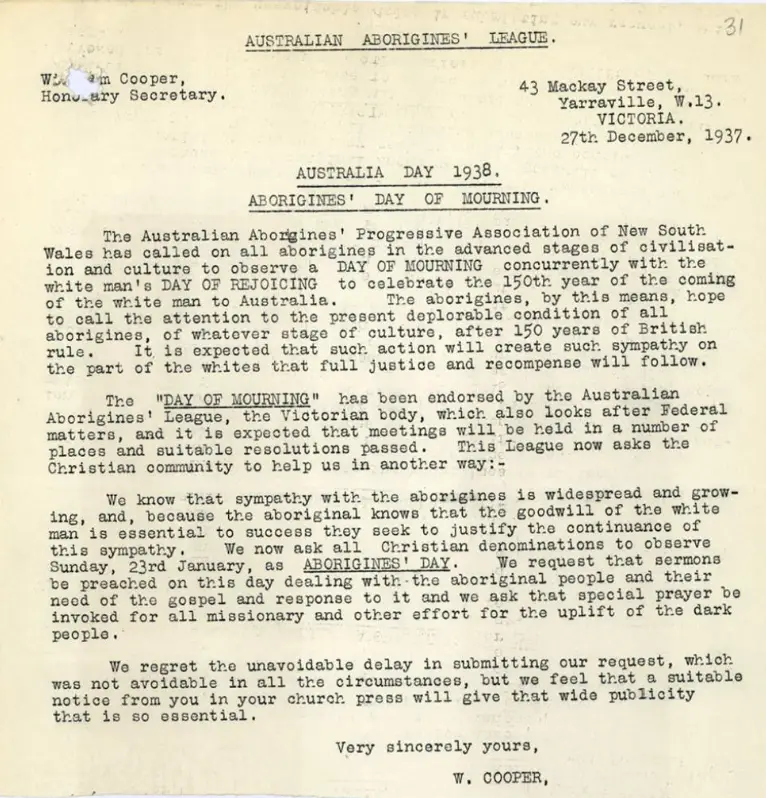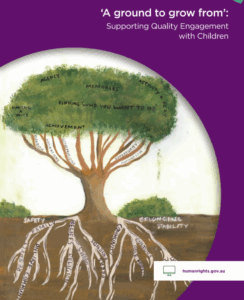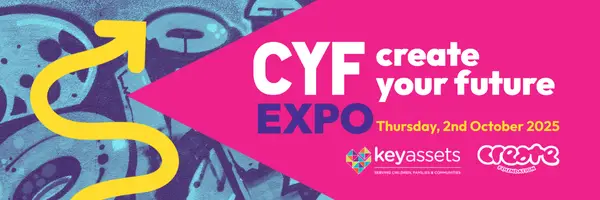Being financially independent and managing money is an important part of life.
Part of being independent means managing your cash so you can spend less than you earn. Having spare cash means you can cover surprise expenses and save for something you want.
You can make your own simple budget. For example, a fortnightly budget might look like the one below. Download Sortli – there’s an awesome budget planner on the free app, that’s really to use.
INCOME
| My Pay/Austudy/Centrelink payment | $________ |
| Other wages/income | $________ |
| TOTAL INCOME | $________ |
| LIVING EXPENSES – Make sure you are real in this section! | |
| Rent | $________ |
| Electricity | $________ |
| Gas | $________ |
| Water | $________ |
| Clothing | $________ |
| Phone | $________ |
| Medical/Dental | $________ |
| Leisure | $________ |
| Food | $________ |
| Travel/Petrol | $________ |
| Other | $________ |
| TOTAL expenses | $________ |
| Total income minus total expenses | $________ |
| Savings money | $________ |
Bills and Receipts
Keep all your receipts in one place because that is the only proof you have that you have paid your bills. If the landlord or agent says you have not paid your electricity, the only way you can prove you have, is to produce a receipt. Often though these bills etc can be paid via Bpay or direct debit. On the back of the bill invoice there will usually be instructions for paying by different methods.
If you receive a Centrelink payment, you can use a service called Centrepay. Centrepay is bill paying service that is easy to use. You can start, change, or cancel Centrepay deductions at any time, to suit your own budget and needs– it does not cost anything to use.
By choosing to use Centrepay you benefit from knowing that your bills are under control. Instead of having large bills every month or quarter, you can pay your bills in manageable amounts from your Centrelink payment, making budgeting easier. For more information on Centrepay:-
http://www.humanservices.gov.au/customer/services/centrelink/centrepay
If you would like to manage your budget by yourself, look at what bills and expenses you have, such as rent, electricity, phone, food and personal expenses (travel, entertainment). Look at when these bills come in – fortnightly, monthly, quarterly? Decide on how often and how much money you are going to put towards each account (e.g., power $10.00 per week, rent $250.00 per week).
By putting aside small amounts of money every time you are paid, you are less likely to experience“bill shock” – when a high cost bill catches you by surprise – making it more likely you will have to go into other funds to pay for it. One suggestion is to keep your bill money, your food money and your spending money all separately. This will ensure that you won’t get tempted to spend your bill money on extra food, or your food money on going out on the weekend.
It may take a couple of months to work out how much money you need to spend each week, but you could start keeping track of how much you spend before you move out. A budget sheet is a good way to help you organise your own money. A budget should always be reviewed every month or so to make sure you’re on track.
For a budget planner go to:
Sample budget planner
Or:
Download Sortli and find Budget Planner.

























like create on facebook